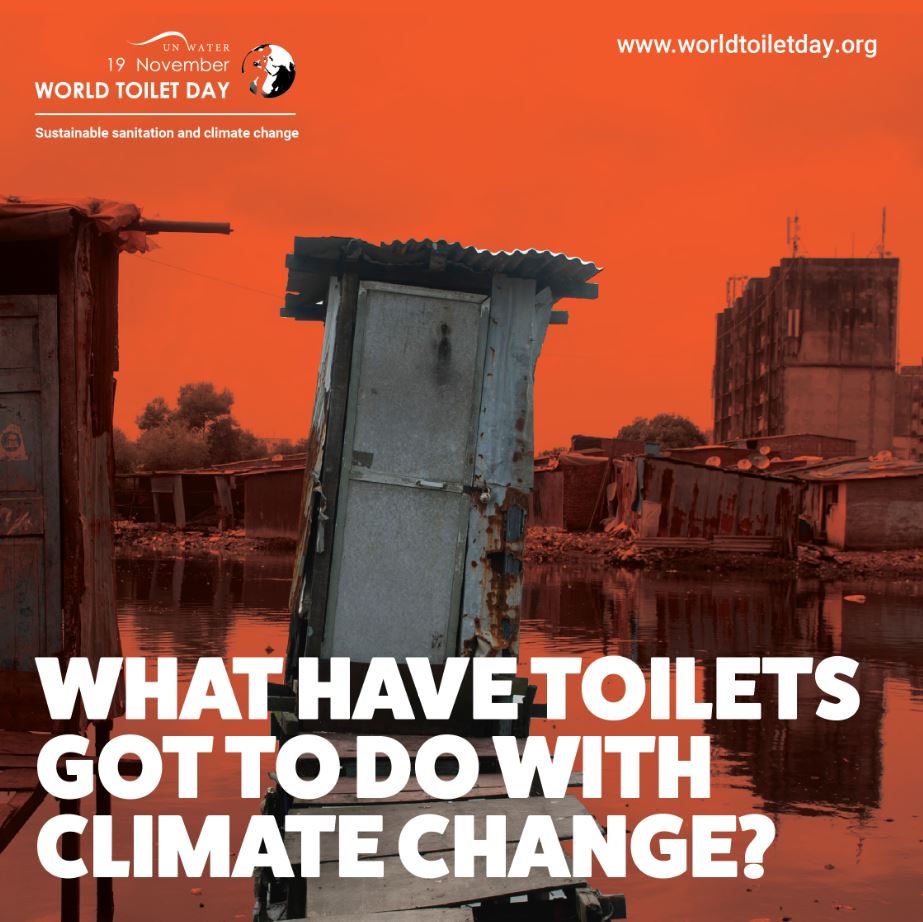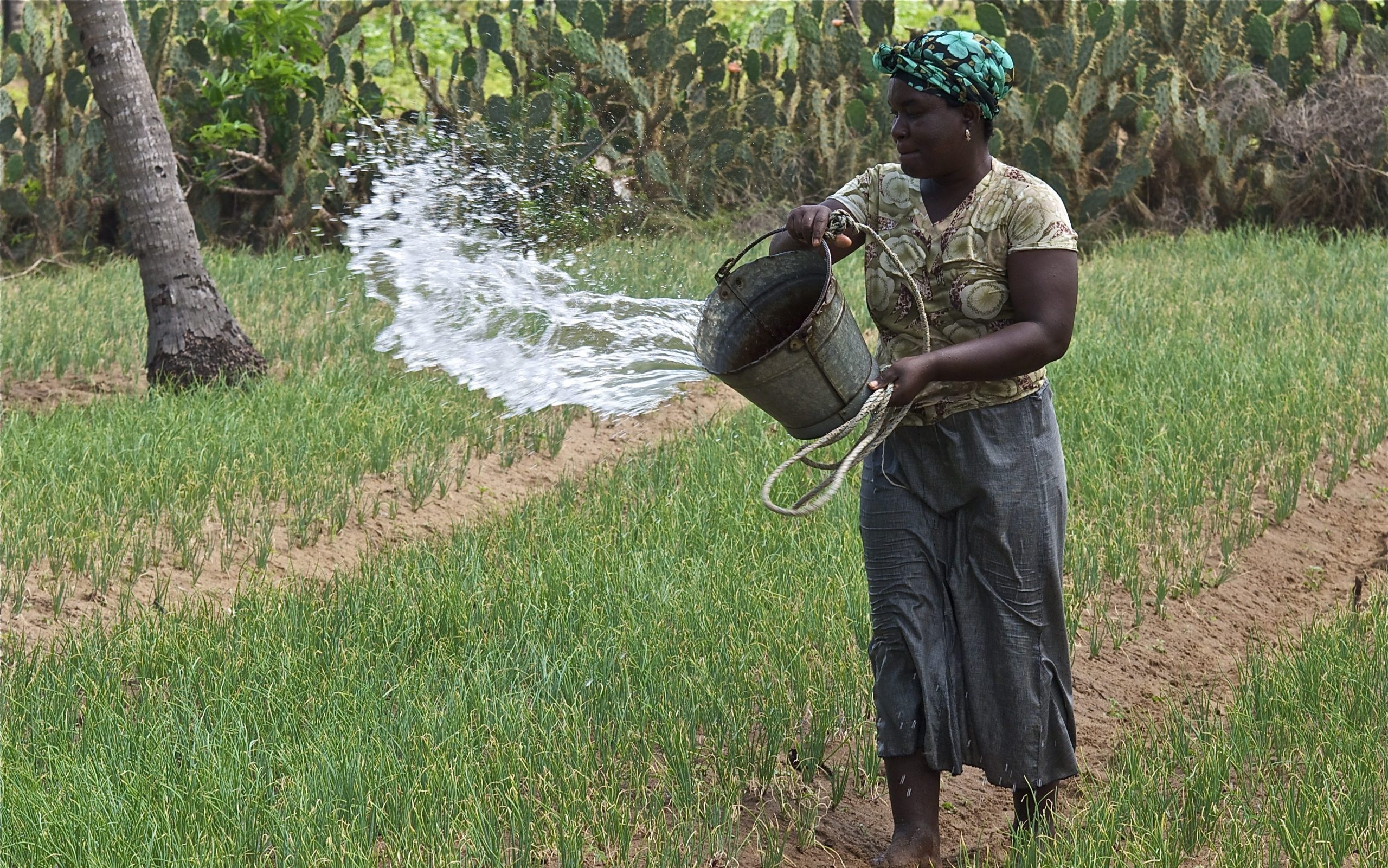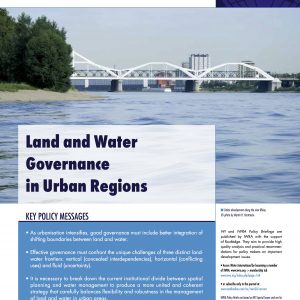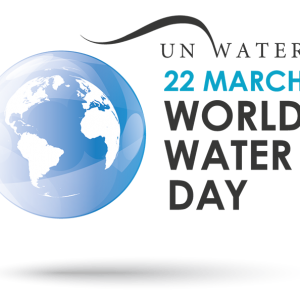World Toilet Day 2020 on “Sustainable Sanitation & Climate Change” – 19 November

This webinar, held on World Toilet Day 2020 (November 19), brought together academics and practitioners to discuss the short-term urgent needs and long-term perspectives of this year’s theme “Sustainable Sanitation & Climate Change”.
Distinguished panellists discussed sanitation issues in countries such as Bulgaria, which can be challenging to meet with only top-down actions, for instance. Bottom-up solutions must, therefore, be proposed in order to engage grassroots activists and local leaders, particularly in smaller communities where wastewater systems may not follow EU standards. Law and legislation must also be adapted to better engage with these important sources of “on the ground” knowledge and experience. Other panellists, focused on the relationship between groundwater and climate change and the linkages between them. In particular, as climate change is putting additional pressure on shared groundwater resources, such as aquifers, and the impacts of sanitation that can degradate and further pollute these important sources of water, globally.
Furthermore, the relationship between climate change, sanitation and health in Lebanon, was presented. Data, statistics and trends throughout the entire country, highlighted the relationship between political stability and the ability to provide clean water and sanitation services for their residents. In addition, panellists pointed out to the links between different types of technology and the investments needed in sanitation in developing countries. Frequently, simple technology is overlooked or misapplied when trying to fit a sanitation solution, and, thus, open defecation becomes nearly “institutionalized”.
Finally, it was agreed that even though climate change is a global phenomenon, governments need to support local action to address sanitation for all.
With over 140 registered attendees, this was one of most successful World Toilet Day events. IWRA would like to thank again its panellists and the moderator for their participation and engagement: Amanda Loeffen, Chief Executive Officer, Human Right 2 Water, Switzerland; Alice Aureli, Chief Groundwater Systems and Settlements Section, UNESCO-IHP, France; Diana Iskreva, Executive Director, Earth Forever, Bulgaria; Issmat Kassem, Faculty of Agriculture, American University in Beirut, Lebanon; and, Stefan Reuter, Member of the Board, Faecal Sludge Management Alliance, Netherlands. This webinar was presented by Scott McKenzie, PhD Candidate, University of British Columbia.
Access the presentations by clicking on the titles below:





